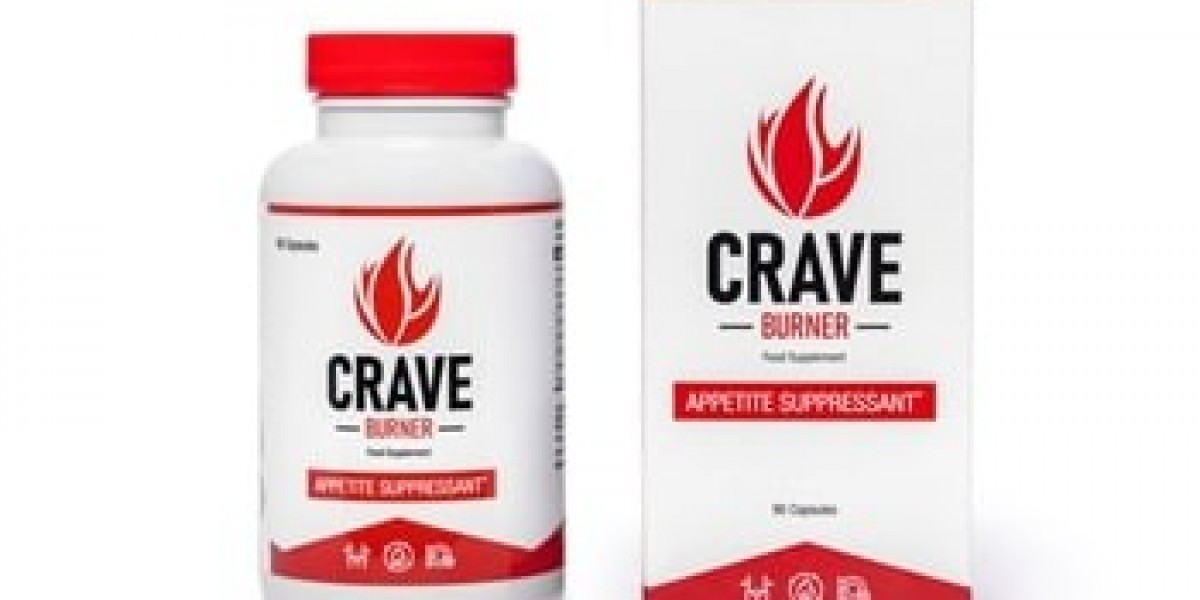Regional Heritage Enhancing Authenticity in Still Wine Market
The Still Wine Market thrives on regional identity, climate, and grape variety heritage. Authentic expression sets wineries apart in global competition.
Terroir as a Differentiating Factor
Soil, climate, and topography influence flavor nuance and storytelling. Consumers value origin-based authenticity.
Cultural Preservation Through Winemaking
Generational techniques and local harvesting traditions safeguard regional heritage. This strengthens Analysis, consumer trust, and premium value.
The consumption of still wine exists within a complex health context, requiring a careful balance between purported benefits and well-established risks. On one hand, light to moderate intake, particularly of red varieties, is linked to a reduced risk of certain cardiovascular conditions, a potential benefit often attributed to the antioxidant action of polyphenols like resveratrol. On the other hand, the alcohol content is a classified carcinogen, and even low-level drinking is associated with an increased risk of several cancers, while heavy or chronic consumption leads to severe long-term damage, including liver disease, cardiomyopathy, and addiction. Furthermore, immediate negative reactions—such as headaches, reflux, and sleep disruption—can diminish overall quality of life. Therefore, official health guidance consistently advises that those who do not currently drink should not start for health reasons, and those who do drink should maintain intake within strict moderation to minimize significant health risks.
Geographic Diversity Increasing Global Appeal
Different regions cater to varied palates — from bold, rich reds to light and refreshing whites. Regional excellence supports global positioning and competitiveness within the Still Wine Industry as consumers seek diversity.
Market Outlook
Educational marketing and origin-focused branding will help unlock new market potential worldwide.
✅ FAQs
Q1: What role does terroir play in still wine quality?
It defines grape characteristics and flavor individuality.
Q2: Why do consumers value regional wines?
They provide cultural depth and unique tasting experiences.







